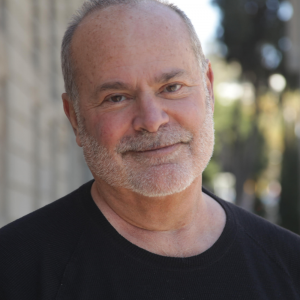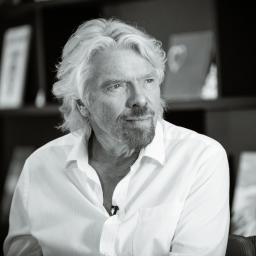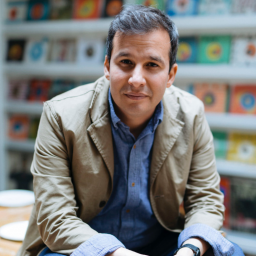For over two months, the images from the ongoing war in Ukraine and the suffering of refugees have stirred our hearts and minds. Due to the connected nature of the world, the impact of this war has been felt worldwide via a steep rise in fuel and commodity prices, shortage of food etc. We may feel helpless, but it is during such challenging times that we need to work harder and smarter to promote peace.
We know that there is a ‘business of war’ that promotes conflict for the commercial upside that it creates e.g. sale of arms, ammunition, services, etc. Similarly we have the ‘business of drugs’ and even the ‘business of human trafficking’.
Therefore, is there a ‘business of peace’ that we must explore?
This thought stirred me deeply to leave my corporate job, where I was the head of Shell’s GameChanger social innovation programme, and start the Business for Peace Innovation Lab to inspire leaders and organisations to explore how they can promote both peace and prosperity – which are two sides of the same coin. Where there is peace, prosperity follows.
Often promoting peace or reducing violence is a responsibility associated with the United Nations, governmental agencies or non-governmental organisations. However, to explore the business of peace, we need to first reframe, rethink and reimagine the definition of ‘peace’. We may think of ‘peace’ as the ‘absence of conflict or war’. However, peace can be viewed as a ‘state of our mind’ when we are free of all negative emotions e.g. anger, blame, guilt and revenge. Through our own life experience, we know that if we are not able to manage these negative emotions then we are often led to violence – either to ‘self’ or ‘to others’ e.g suicide, domestic and workplace abuse, homicides, drugs/opiods etc.
By reframing peace, entrepreneurs, changemakers, leaders and businesses can look at existing portfolios to influence and take actions which actively promote peace and social cohesion. Below are some examples of the work that we have done to demonstrate how this can be achieved:
- The cost of a single homicide in a large city like Los Angeles costs the city taxpayer ~ one million USD per homicide. We have worked with all local stakeholders to promote social cohesion, enhance community police relations and empower former gang members to become Ambassadors of Peace.
- As a response to the growing mental health crisis and to prevent school incidents, including student and teacher burnout, suicides and school shootings, we have developed an educational curriculum that promotes wellbeing and compassion
- Providing training in conflict resolution and healthy living to employees can result in lower health and insurance costs, as well as enhance employee engagement and therefore productivity and creativity
- By investing (providing resources, location, hosting training, guest speakers etc.) in local peacebuilding and improving social cohesion, a small business (e.g. a cafe) can improve its brand position, customer loyalty and business performance.
Multiple vectors are simultaneously affecting our global society, including:
. The after-effects of the COVID-19 pandemic (along with the associated mental health crisis, unemployment etc.),
. Drugs and their impact on youth wellbeing
. Systemic inequalities and racism based on race, sexual orientation etc.
. Polarisation and growing divides based on religion, political views etc.
. Climate change (harsher temperatures, flooding, drought etc.)
. Global terrorism based on unproven ideologies and beliefs.
This is a defining moment that requires us, as leaders, to be able to empathise and energise others through our presence and actions. This requires that we take time to discover our own higher purpose.
Today, violence can happen anytime, and anywhere. Violence doesn’t look at our economic status or our socio-political views. However, unless an act of violence happens to us, we may not do anything about it. Are we focused too much on economic development, whilst taking peace for granted? As leaders will we take a pause and ask what more we can do to promote peace and social harmony in our communities and organisations?
We can’t change the whole world, but we can change our world – that includes the people and communities that are in our circle of influence. In these difficult times, cultivating peace is more important than ever. And since a united and harmonious society starts with each of us, we can begin by nourishing our own inner peace. Only when we are truly peaceful, happy and content, can we design solutions that bring peace and social harmony for our communities and our world.
Resources to help inspire you further:
Be The Change – an educational module for promoting mental wellbeing in schools. (Use a special 50% discount code TAKE50BTC)
Lead with Peace and Prosperity – an educational module to develop leadership attributes to deepen our creativity and innovation potential. (Use a special 50% discount code TAKE50LPP)




















